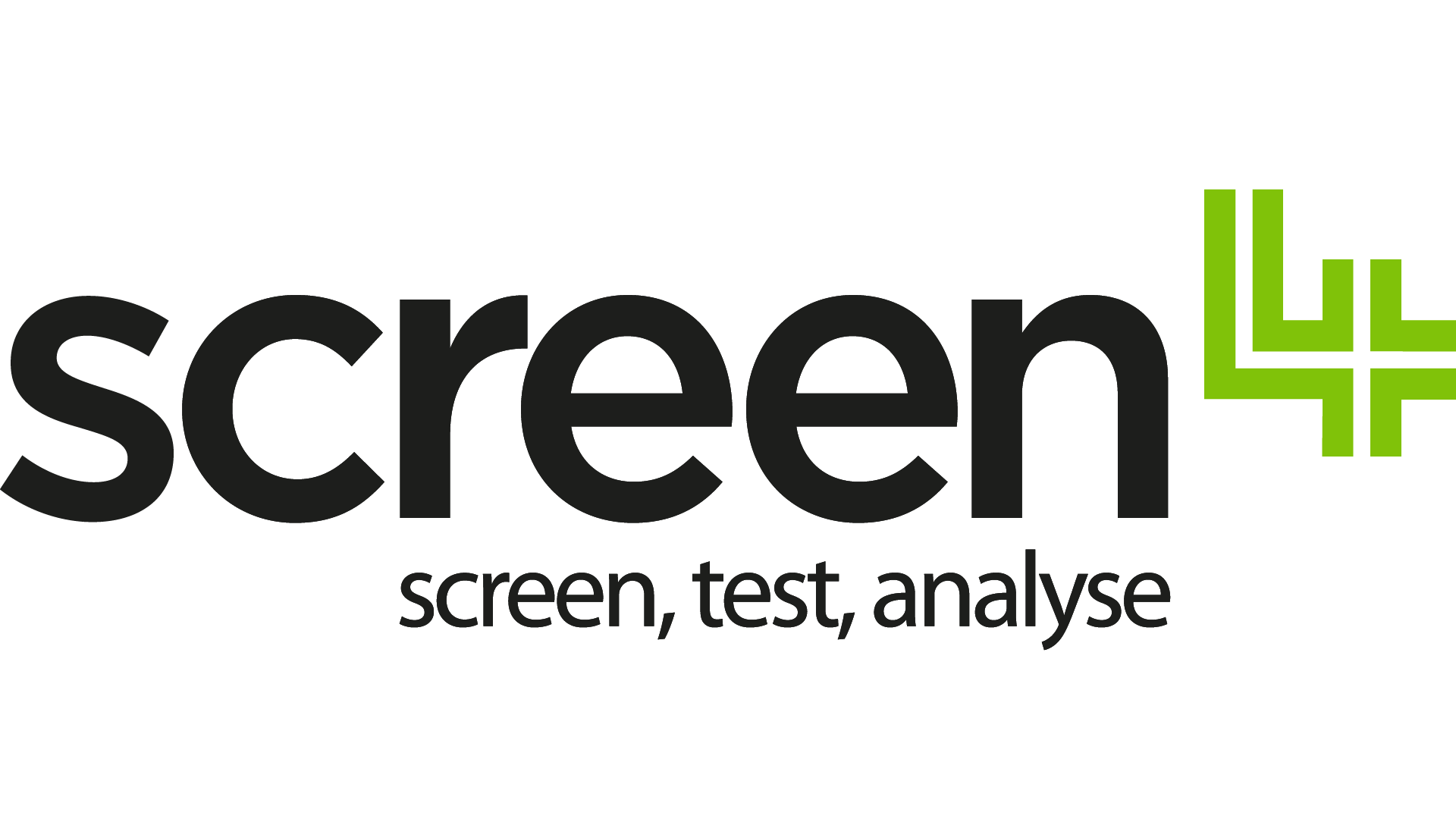Drug and alcohol testing programs can help to identify employees who may be under the influence of drugs or alcohol during work hours, allowing employers to take action to ensure the safety of their employees and customers. In addition, these programs can help to reduce absenteeism and turnover rates, and improve productivity in the workplace.
Implementing a drug and alcohol testing program is not only good for your employees, but also for your business. It can help to protect your company from liability issues that may arise from employees who are under the influence of drugs or alcohol, as well as improve your reputation as a responsible and safety-conscious employer.
A Drug and Alcohol Policy is a document that outlines a company’s expectations for its employees regarding drug use and alcohol consumption. It may also include some of the ways the company plans to address any problems that may arise, such as the consequences of getting caught with drugs or alcohol on the job, or the repercussions of failing a drug or alcohol test.
If you have questions about your company’s drug and alcohol policy, talk to your manager or HR department.
Read more about how we can assist with your policy reviews here.
Stage 1
We will carry out a full review of your Drug and Alcohol Policy and operational procedures.
Stage 2
We will develop a Drug and Alcohol Testing Plan based on your specific needs and agree Implementation Plan.
Stage 3
We will create a Training and education program for management and supervisors and a full education plan for the business.
Stage 4
Testing will commence in line with operational requirements. Review periods and timetables will be agreed.
Find out more here.
Our drug panels vary and can be adapted to suit our clients requirements. We have built tailored panels to test for up to 16 drugs on an instant test.
Alcohol limits differ in Scotland to England, Wales and Northern Ireland.
The legal limit for drivers in England and Wales is 35 microgrammes of alcohol per 100 millilitres of breath; 80 milligrammes of alcohol per 100 millilitres of blood.
The legal limit for drivers in Scotland is 22 microgrammes per 100 millilitres of breath; 50 milligrammes per 100 millilitres blood.
Read more on drink driving limits and help with alcohol relates issues here.
There are no laws to stipulate a limit for alcohol in the workplace, however many employers stipulate a limit within their Drug and Alcohol Policy.
Many employers adopt a zero tolerance approach to any substance in the workplace. We recommend this approach to ensure a healthier and safer future for the organisation and employees.
We can review your policy and offer guidance at any time, don’t hesitate to contact us.
Drug tests are widely available across the internet, however you need to be aware of sensitivity and specificity of the device you are ordering.
Sadly Screen4 don’t offer a drug test to home service just yet – however this is coming soon so check back regular!
Medication can affect your drug test result in a few different ways.
Some medications are known to cause non-negative results, or they can mask the presence of drugs in your system. This is especially true for some prescription painkillers and antibiotics.
Any non-negative instant result will go to a laboratory for confirmation, where they will analyse the sample for the drug and metabolites to give a quantitative final result. The lab will also be able to advise if this result is inline with declared prescriptive drugs.
If you’re concerned about the effects of any medications you’re taking on your drug test results, it’s best to consult with a medical professional and declare any prescription medication before taking the test.
In short the answer is no. The screening test is looking for ingested substances at a certain level.
These levels are normally not achieved from passive exposure unless the exposure to the substance is extreme.
Yes, it is possible to test non-negative for opiates if the consumption of poppy seeds is high enough.
However, once the sample goes back to the laboratory, the analysis will be able to determine the metabolites of the Opiates found, and this would determine whether a finding was in line with declared poppy seed consumption.
Cigarettes would not cause a positive alcohol result on a home office approved Breathalyser.
Prior to testing, donors are asked about alcohol consumption, smoking, or vaping and a wait period is commonplace when any of these instances are declared.
Cannabis contains THC (Tetra Hydro Cannabinol)
CBD products sold lawfully in the UK must contain less than .02% THC which will not show up on an initial drug screen.
Although there are traces of drug compounds in society that can be picked up by touch they are not in sufficient high doses that they can influence a screening test.

